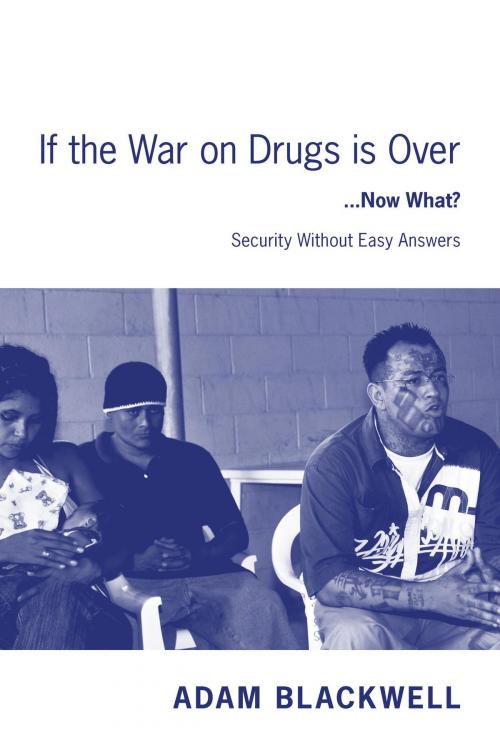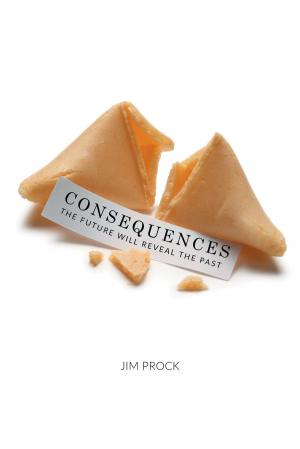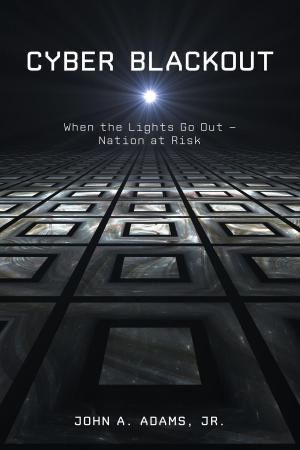If the War on Drugs is Over ...Now What ?
Security Without Easy Answers
Nonfiction, Social & Cultural Studies, Political Science, Politics, Law Enforcement, Reference & Language, Law, Criminal law, Government, Social Policy| Author: | Adam Blackwell | ISBN: | 9781460277829 |
| Publisher: | FriesenPress | Publication: | November 10, 2015 |
| Imprint: | Language: | English |
| Author: | Adam Blackwell |
| ISBN: | 9781460277829 |
| Publisher: | FriesenPress |
| Publication: | November 10, 2015 |
| Imprint: | |
| Language: | English |
It’s Time to Declare War on the War on Crime In 2011, the Global Commission on Drug Policy deemed the War on Drugs a failure. Initiated under Richard Nixon in 1971, the War on Drugs’ emphasis on harsh law enforcement and strong-arm police tactics spawned four decades of widespread violence, corruption, economic devastation, and overflowing prisons, with little to no effect on the flow of drugs around the world. While most people realize the War on Drugs was a failure, many of these same people continue to champion its “often forgotten cousin,” the War on Crime. Characterized by the same punitive philosophy and tactics, the War on Crime is a multi-billion dollar global enterprise that is achieving similarly dismal results. Despite the obvious inadequacy of this approach to domestic and international security, few politicians are willing to consider an alternative, for fear of being labeled “soft on crime.” Into this environment steps Ambassador Adam Blackwell, Secretary for Multidimensional Security at the Organization of American States. Drawing on his extensive experience working in some of the most violent countries in the world, Ambassador Blackwell argues that the solution to insecurity is not necessarily more security, more police, more troops, or harsher sentences. Instead, using case studies from Latin America and the Caribbean, he argues in favor of a multi-dimensional, data-driven, multi-stakeholder approach that focuses on solving systemic societal problems rather than punishing individual crimes. Far from a “soft on crime” method, in this book, Ambassador Blackwell contends that such an approach opens up fresh new ideas and methods for battling crime at home and abroad that, unlike the War on Crime, don’t exacerbate the very problems they are trying to solve.
It’s Time to Declare War on the War on Crime In 2011, the Global Commission on Drug Policy deemed the War on Drugs a failure. Initiated under Richard Nixon in 1971, the War on Drugs’ emphasis on harsh law enforcement and strong-arm police tactics spawned four decades of widespread violence, corruption, economic devastation, and overflowing prisons, with little to no effect on the flow of drugs around the world. While most people realize the War on Drugs was a failure, many of these same people continue to champion its “often forgotten cousin,” the War on Crime. Characterized by the same punitive philosophy and tactics, the War on Crime is a multi-billion dollar global enterprise that is achieving similarly dismal results. Despite the obvious inadequacy of this approach to domestic and international security, few politicians are willing to consider an alternative, for fear of being labeled “soft on crime.” Into this environment steps Ambassador Adam Blackwell, Secretary for Multidimensional Security at the Organization of American States. Drawing on his extensive experience working in some of the most violent countries in the world, Ambassador Blackwell argues that the solution to insecurity is not necessarily more security, more police, more troops, or harsher sentences. Instead, using case studies from Latin America and the Caribbean, he argues in favor of a multi-dimensional, data-driven, multi-stakeholder approach that focuses on solving systemic societal problems rather than punishing individual crimes. Far from a “soft on crime” method, in this book, Ambassador Blackwell contends that such an approach opens up fresh new ideas and methods for battling crime at home and abroad that, unlike the War on Crime, don’t exacerbate the very problems they are trying to solve.















